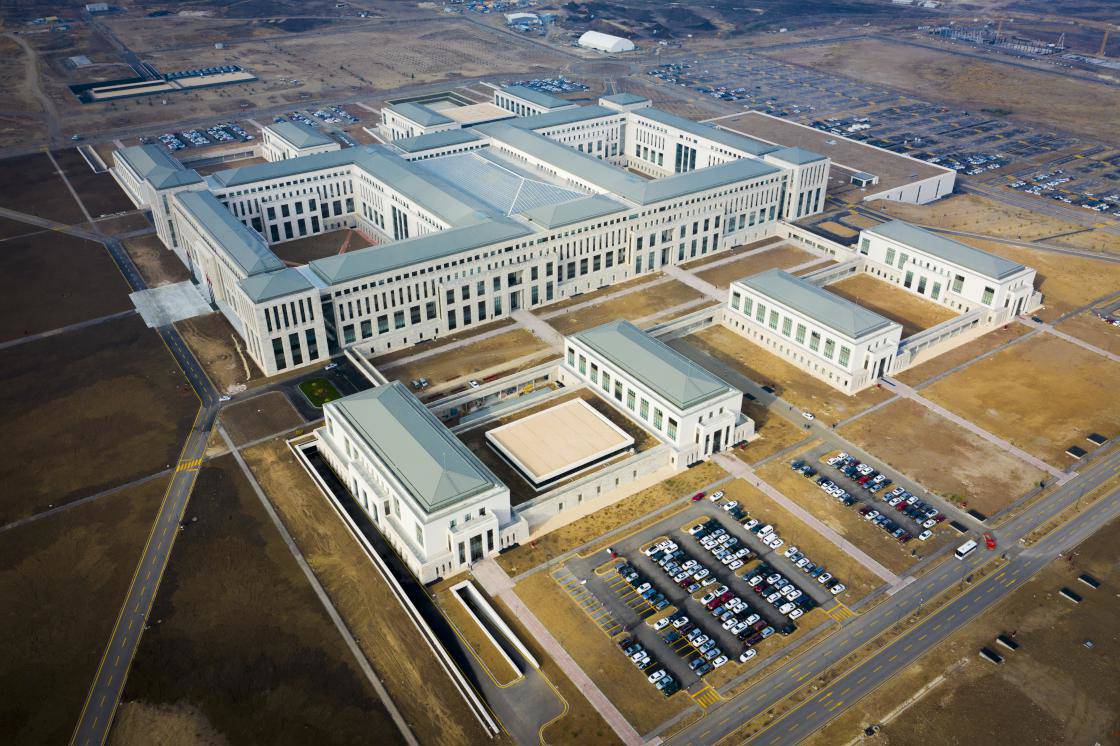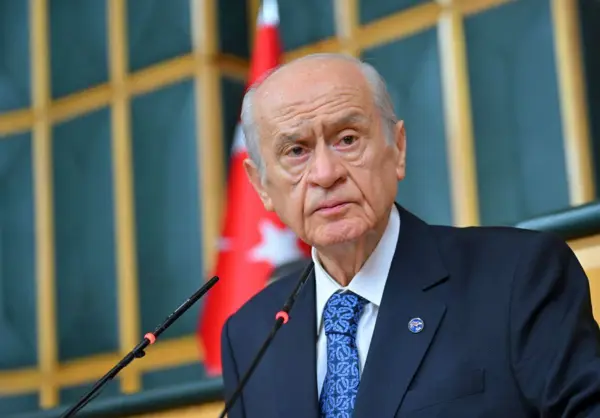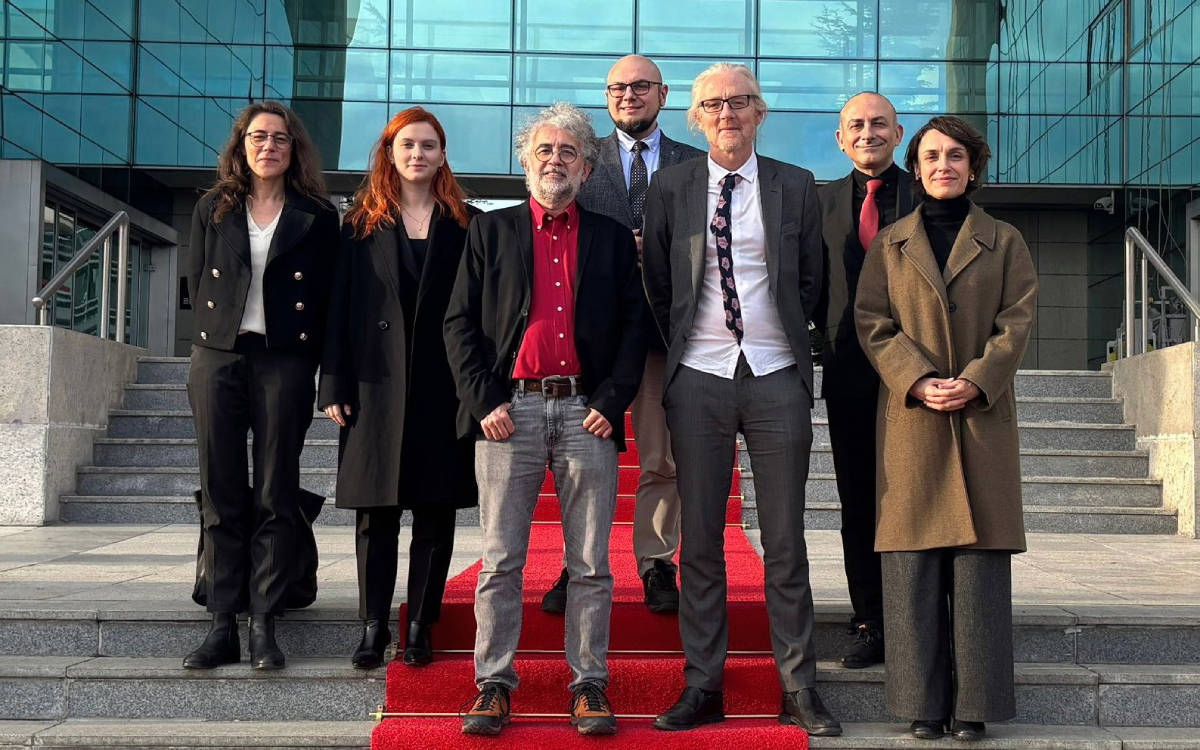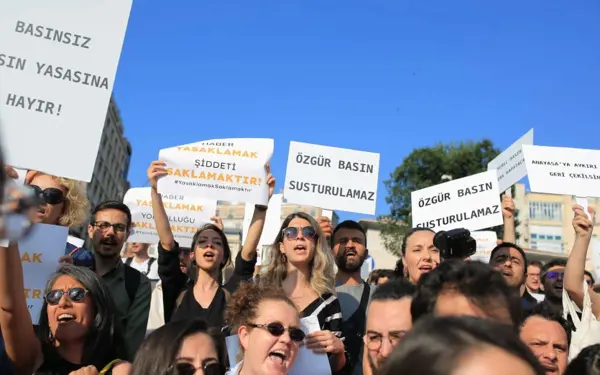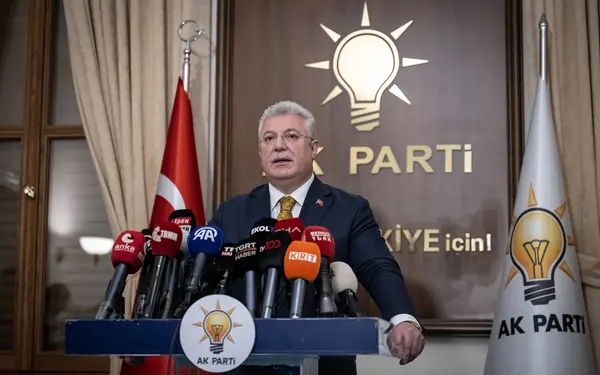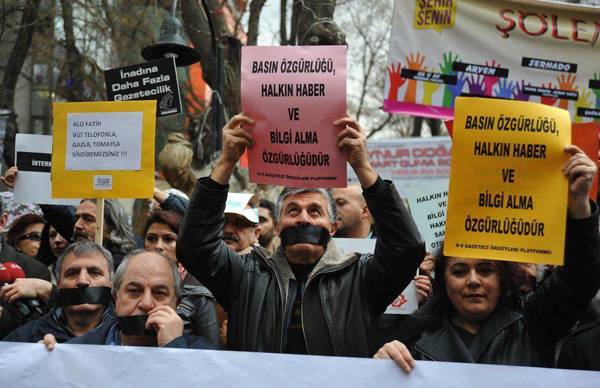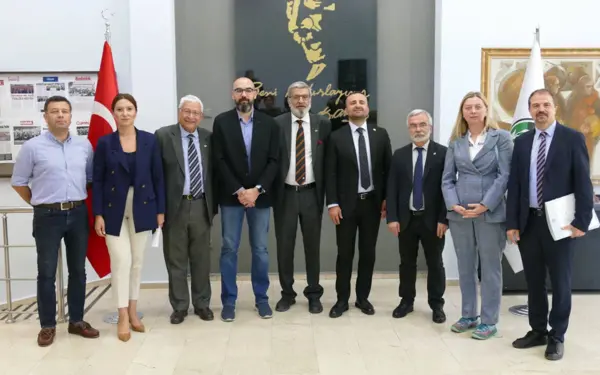The National Intelligence Organization (MİT) released a video titled "What is Espionage?" on May 4. The video was widely disseminated across various media outlets.
Shortly after the release of this video, public broadcaster TRT Haber reported on the details of the "9th Judicial Package," which it said will introduce a “new type of espionage,” namely “agents of influence,” to the legal framework. According to TRT, legal amendments would be made to prevent espionage activities by foreign intelligence organizations within Turkey.
Following TRT Haber's report, a similar article was published in the pro-government daily Yeni Şafak. The newspaper also used the term "agent of influence" to describe this new type of espionage. Referring to it as "a new dimension in intelligence warfare," the newspaper wrote that the law would encompass "agents of influence who conduct propaganda against Turkey, posing as beneficial to the country while undermining it."
According to Yeni Şafak, "agents of influence who conduct propaganda against Turkey via social media, as well as those who disrupt the country's economic, social, and public order," would face criminal penalties.
While "agent of influence" may not have been a term explicitly defined within Turkish legal framework, it has been frequently utilized in pro-government media as an accusation, particularly against rights defenders.
As Turkey debated the concepts of foreign agents and influence agents, ANKA News Agency published the draft text of the law on May 11. According to the draft, a new article would be added to the Turkish Penal Code.
This new article, numbered 339/A, would introduce penalties of up to five years in prison for "possession of documents related to state security" aligned with the strategic interests or instructions of a foreign state or organization.
The draft law specifies:
Article 339/A:
(1) Without constituting the crimes regulated in this section, those who research or commission research on Turkish citizens, institutions, or foreigners residing in Turkey in line with the strategic interests or instructions of a foreign state or organization, shall be sentenced to imprisonment for a term of three to seven years. If the act constitutes a crime other than those regulated in this section, the perpetrator shall be separately sentenced for both this crime and the relevant crime.
(2) If the act is committed during wartime or poses a risk to the state's preparations for war, its war activities, or military movements, the perpetrator shall be sentenced to imprisonment for a term of eight to ten years.
(3) If the crime is committed by individuals serving in units, projects, facilities, or services of strategic importance for national security, the penalty shall be increased by one fold.
(4) Prosecution for this offense shall be subject to the permission of the Minister of Justice.
The draft also includes the rationale behind the law. It emphasizes the need to punish activities detrimental to the state's internal or external political interests.
Activities that threaten the state's security include economic, financial, military, national defense, public health, public safety, public order, technological, cultural, transportation, communication, cyber domain, critical infrastructure, and energy sectors.
According to the draft's rationale, "the failure to protect these interests could jeopardize the state's security."
Therefore, activities contrary to these interests should also constitute offenses.
It is speculated that the proposal will be presented to the parliament on July 1, before the parliament's recess. Whether any changes will be made to the article remains unknown for now. However, according to Justice Minister Yılmaz Tunç, the regulation is nearing completion.
The consensus among politicians, jurists, and journalists is that the law will introduce a new constraint on politics, arts, sciences, and the media. (HA/VK)





